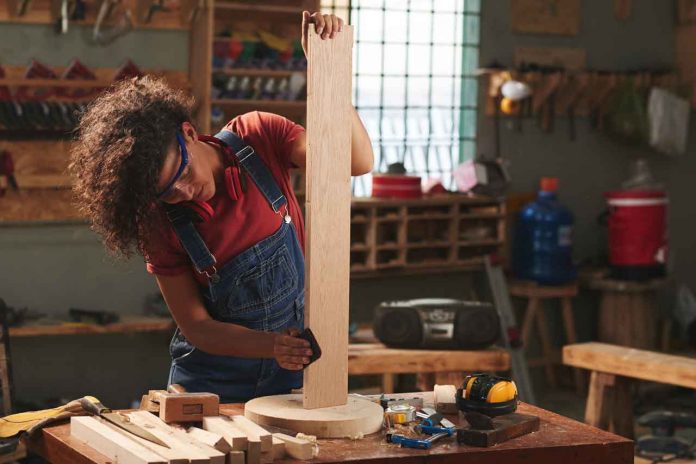A home DIY workshop can be a fantastic addition to your home, providing you with a space to work on your projects and hobbies without the need to leave your house. It’s a place where you can unleash your creativity, hone your skills, and let your imagination run wild. Building a home DIY workshop can be a fun and exciting project, and with the right planning, tools, and materials, you can create a space that suits your needs and fits your budget. Here are some tips to help you put together a home DIY workshop:
- Plan Your Space: The first step in building a home DIY workshop is to determine the space you’ll be using. It can be a garage, basement, or even a spare room. Measure the area and determine the size of the workbench, shelves, and cabinets you’ll need. Also, consider the type of projects you’ll be working on and the tools you’ll require.
- Create a Workbench: A sturdy and reliable workbench is a must-have for any home DIY workshop. You can buy a pre-made one or build your own with materials like plywood, 2x4s, and screws. Make sure the bench is the right height for you, has a large enough surface, and is stable enough to hold your projects.
- Storage and Organization: Having a well-organized space can save you time and frustration when searching for tools or supplies. Install shelves and cabinets to store your tools, paints, and other supplies. You can also use pegboards to hang your tools, keeping them within easy reach. Label your storage containers and keep them in a designated area.
- Lighting and Electrical: Proper lighting is essential for any workspace, especially a DIY workshop. Install overhead lighting or use portable lamps to illuminate your work area. Consider adding electrical outlets to power your tools, chargers, and other equipment.
- Ventilation and Safety: A well-ventilated space can help prevent fumes and dust from accumulating, keeping you safe and healthy. Install a ventilation system or use a fan to circulate air. Wear safety goggles, gloves, and a mask to protect yourself while working with power tools.
- Tools and Equipment: Finally, invest in quality tools and equipment that will last and perform well. Basic hand tools like hammers, screwdrivers, and pliers are a must-have. Consider purchasing a drill, circular saw, jigsaw, and other power tools based on your projects and skill level.
In conclusion, building a home DIY workshop can be a fun and rewarding project. With proper planning, organization, and equipment, you can create a space that suits your needs and allows you to work on your projects with ease. Start with the basics, and gradually build your collection of tools and supplies as you gain experience and take on more challenging projects. So, roll up your sleeves and get to work!







